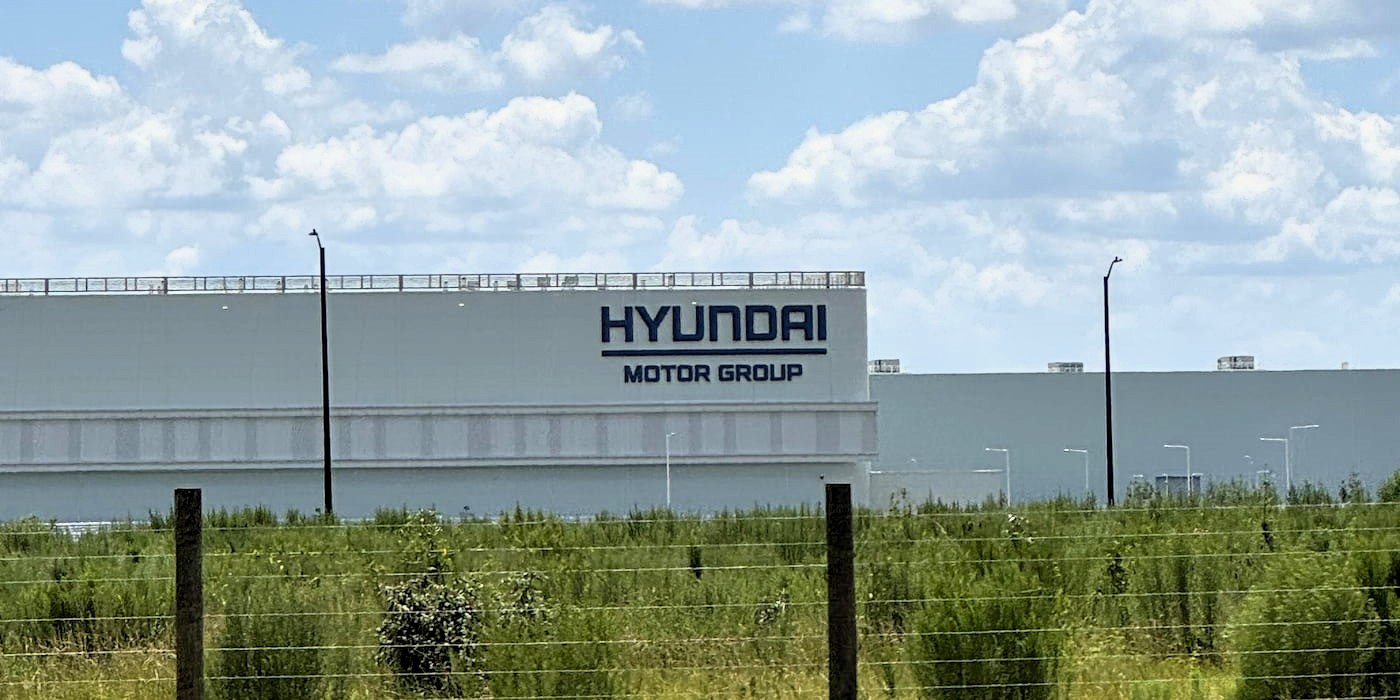Federal Agents Conduct Major Raid at Hyundai's Georgia EV Plant
In a stunning development that has sent shockwaves through the automotive industry, federal immigration authorities have executed a large-scale raid at Hyundai's massive new electric vehicle manufacturing facility near Savannah, Georgia. The operation, which targeted alleged immigration violations, resulted in the detention of hundreds of workers and several high-level executives from both Hyundai and its battery partner LG Energy Solution.
Key Highlights
- Location: Hyundai's new EV manufacturing plant in Savannah, Georgia
- Operation Date: Thursday (most recent)
- Primary Agency: U.S. Immigration and Customs Enforcement (ICE)
- Detainees: Hundreds of workers plus executives from Hyundai and LG Energy Solution
The Scope of the Operation
The raid represents one of the largest enforcement actions taken against a major automotive facility in recent years. According to preliminary reports, ICE agents arrived at the construction site early Thursday morning with multiple warrants, securing the perimeter before moving in to detain individuals suspected of immigration violations. The operation involved coordination between multiple federal agencies and local law enforcement, suggesting the investigation had been underway for some time before the execution of the warrants.
Impact on Hyundai's EV Ambitions
This development comes at a critical juncture for Hyundai's electric vehicle strategy in North America. The Savannah plant represents a $5.54 billion investment and is considered crucial to Hyundai's plans to capture significant market share in the growing EV sector. The facility, which is being developed in partnership with LG Energy Solution, was expected to begin production later this year, creating approximately 8,100 new jobs in the region.
Production Timeline Implications
Industry analysts suggest the raid could potentially delay the plant's operational timeline, depending on the duration of the investigation and subsequent legal proceedings. The detention of key executives from both companies adds another layer of complexity to the situation, potentially affecting decision-making processes and partnership dynamics at the highest levels of both organizations.
Broader Industry Context
This incident occurs against a backdrop of increased federal scrutiny on manufacturing and construction sectors regarding immigration compliance. The automotive industry, particularly the rapidly expanding EV segment, has been under increased observation as companies race to establish domestic production capabilities to qualify for federal incentives under the Inflation Reduction Act.
| Company | Location | Year | Nature of Action |
|---|---|---|---|
| Hyundai/LG | Savannah, GA | 2024 | ICE raid, immigration violations |
| Multiple Suppliers | Midwest Region | 2022 | Labor compliance investigation |
| Several Manufacturers | National | 2021 | Supply chain audit initiative |
Legal and Regulatory Implications
The scale of this operation suggests federal authorities are taking an increasingly aggressive stance on immigration compliance within critical infrastructure projects. Legal experts note that companies receiving substantial government incentives for EV production may face additional scrutiny regarding their labor practices and compliance with federal regulations. The outcome of this case could set important precedents for how immigration laws are enforced within the rapidly growing green technology sector.
Potential Consequences
Depending on the findings of the investigation, Hyundai and LG Energy Solution could face significant fines, increased oversight requirements, and potential delays in receiving federal incentives. The companies may also need to implement more rigorous verification processes for their workforce, which could affect project timelines and costs throughout the industry.
Conclusion
The raid on Hyundai's Georgia EV plant represents a significant escalation in federal enforcement actions within the automotive manufacturing sector. As the industry continues its rapid transition toward electric vehicles, this incident underscores the complex interplay between technological advancement, workforce requirements, and regulatory compliance. The outcome of this case will likely have far-reaching implications not only for Hyundai and LG Energy Solution but for the entire EV manufacturing ecosystem in the United States, potentially reshaping how companies approach workforce management in an era of increased scrutiny and rapid expansion.


